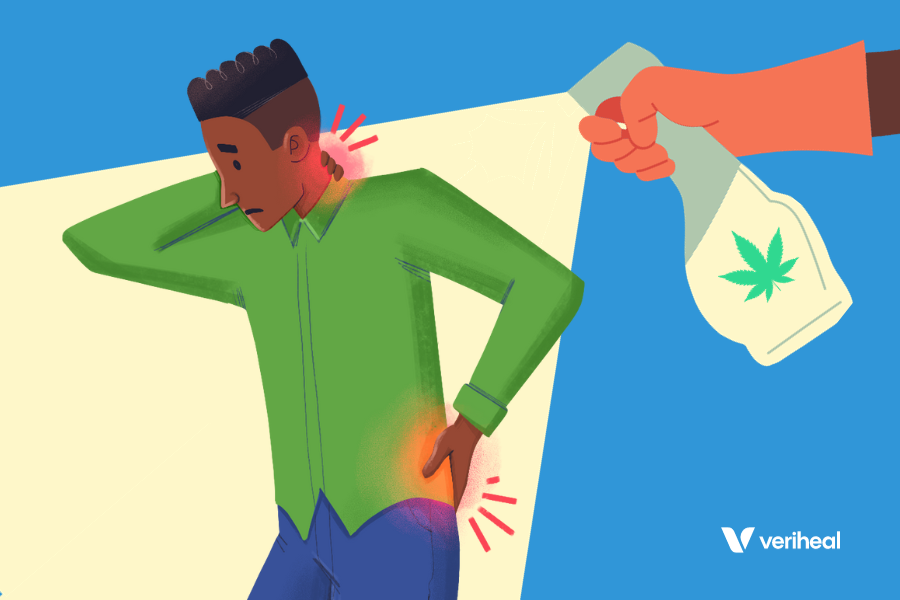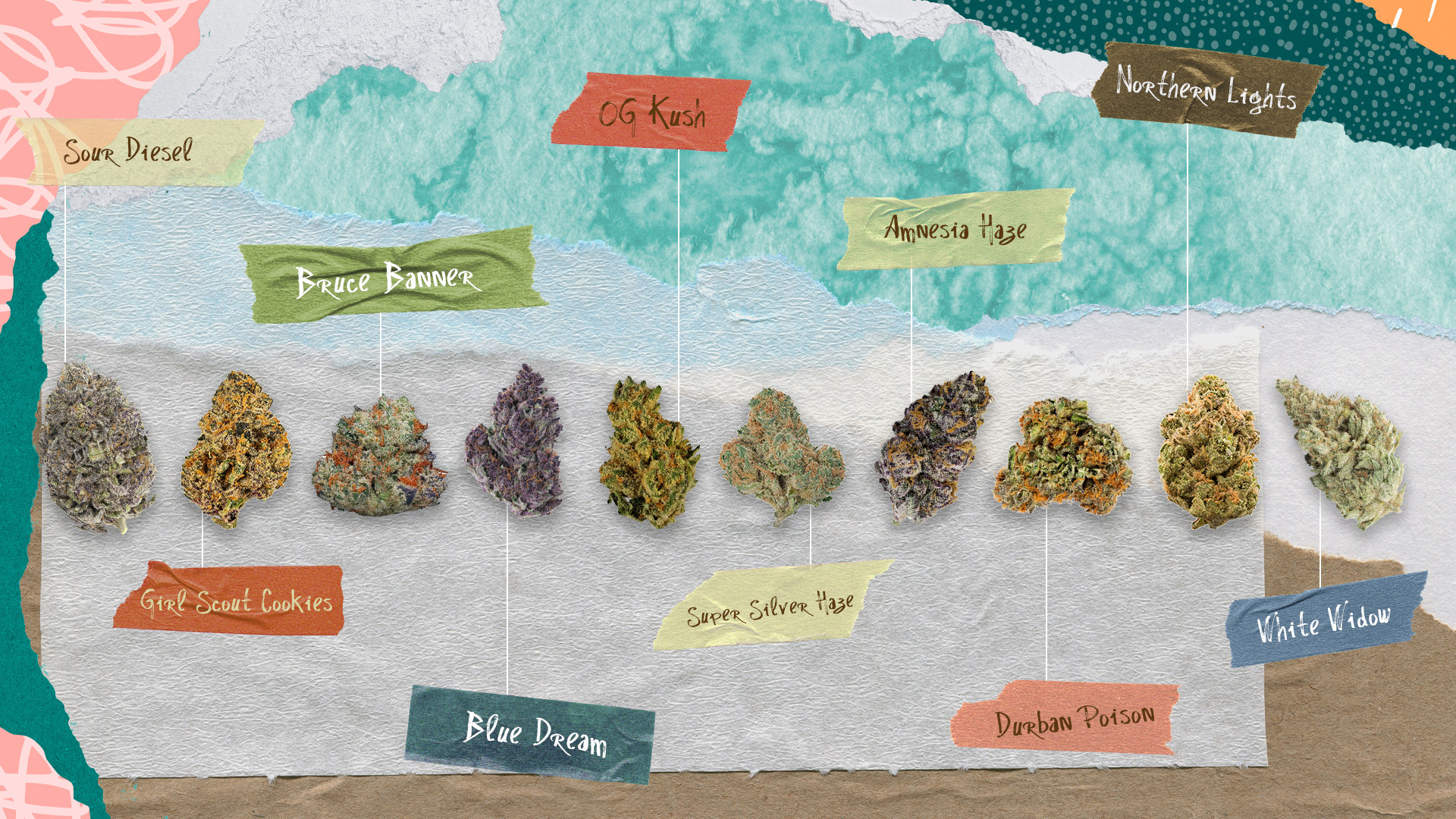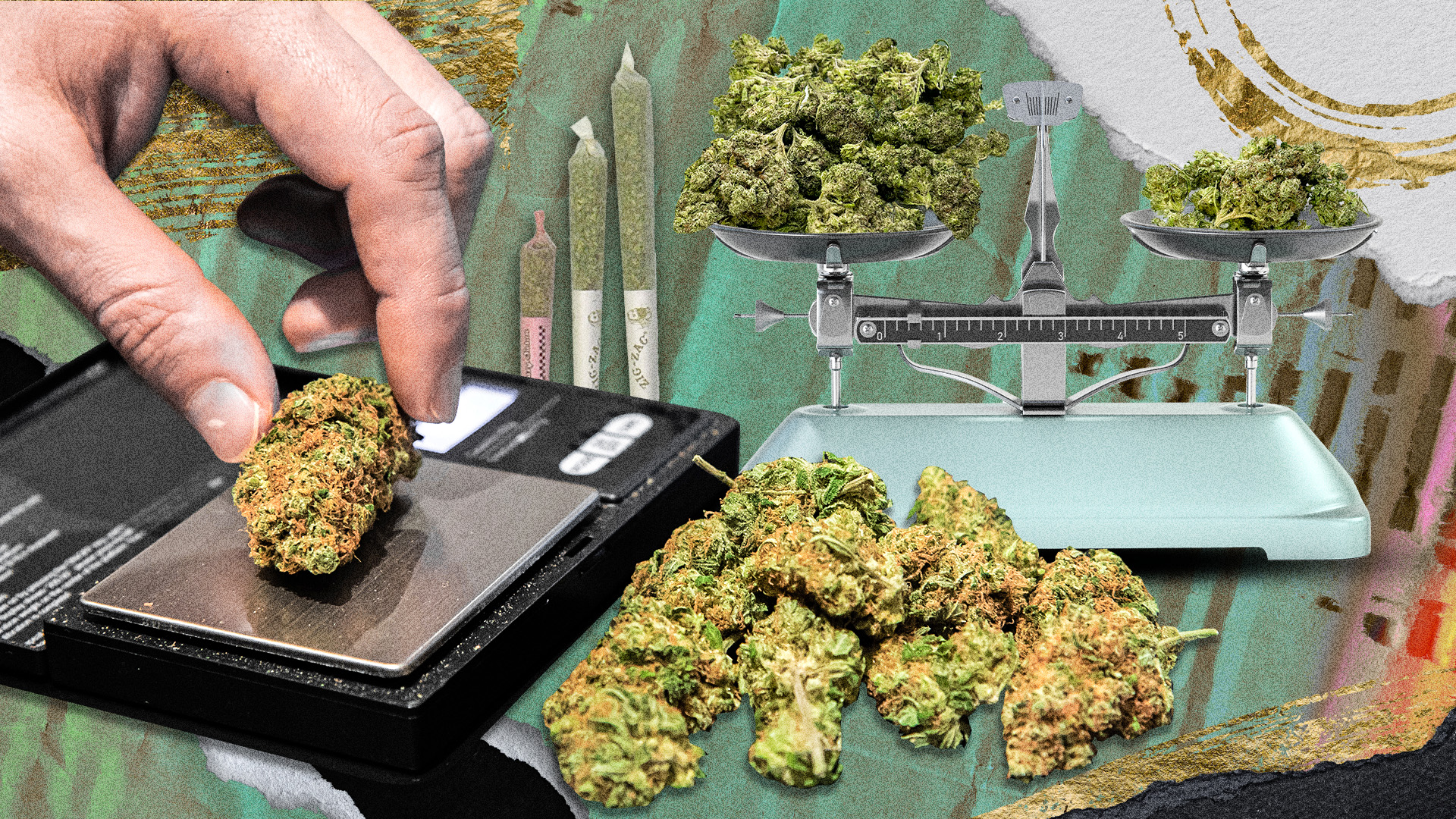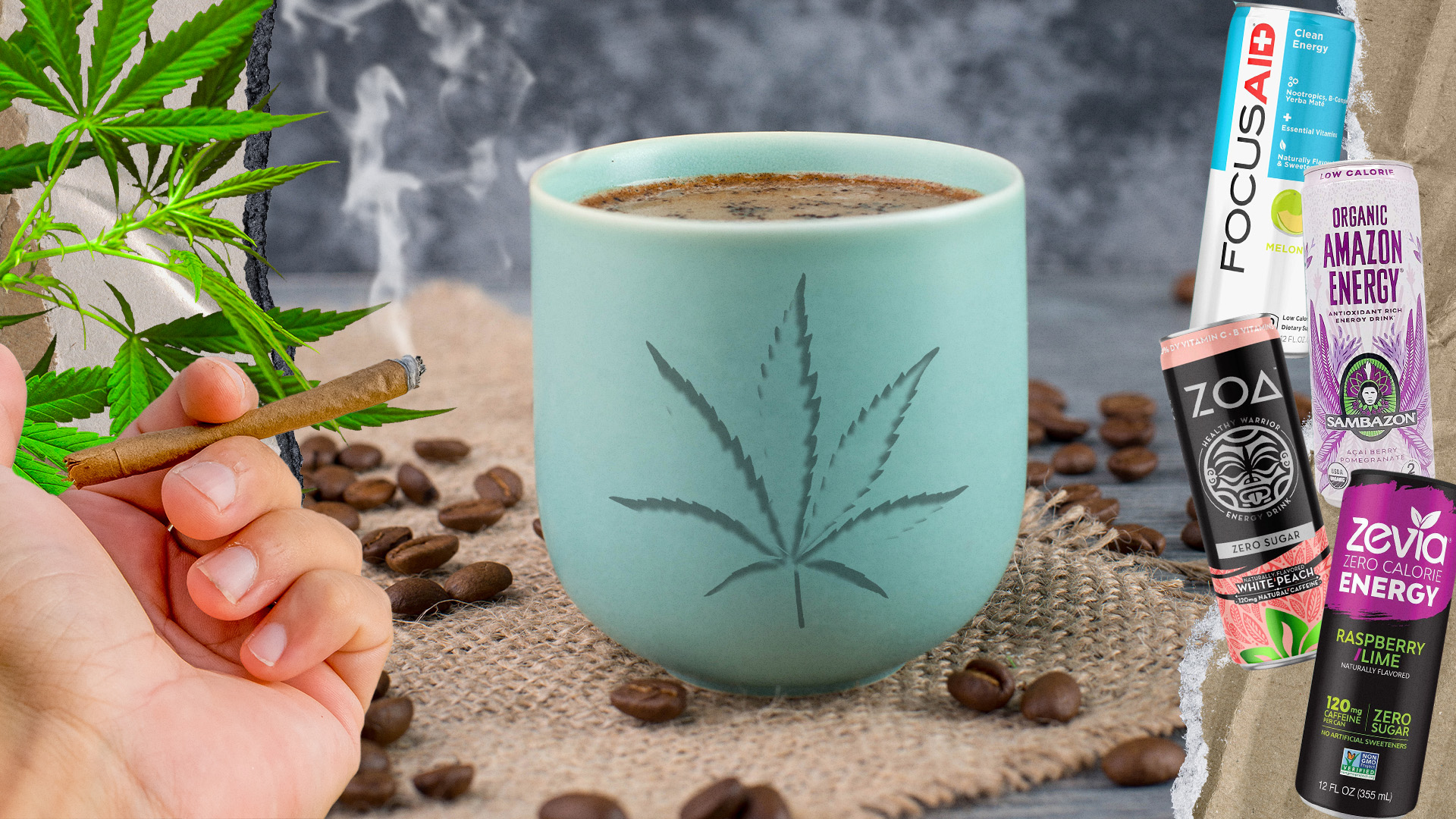Do you suffer from chronic back and neck pain? If so, you’re not alone. The World Health Organization (WHO) estimates that almost 2 billion people worldwide experience musculoskeletal pain. This pain severely impacts the quality of life and contributes to a range of mental health issues, including depression and anxiety.
Traditional treatments for these conditions often involve medication, physical therapy, or more invasive interventions like surgery. However, these approaches are not always practical for everyone. Fortunately, there is an alternative on the horizon.
A new 2023 study published in the journal Medical Cannabis and Cannabinoids revealed that using a THC/CBD spray can help significantly reduce chronic back and neck pain. This exciting development could have profound implications for how we approach managing this type of pain.
Let’s get to the bottom of what researchers found and why you might want to use a cannabis spray for chronic back or neck pain.
What is Refractory Back and Neck Pain?
Refractory pain refers to pain resistant to traditional treatment approaches such as medication, physical therapy, or surgery. Patients with this type of pain often experience various symptoms, including intense pain, stiffness, and limited mobility. These symptoms often lead to serious mental health issues like depression, and anxiety — as well as a drop in overall quality of life. Further, current treatments often do not manage refractory pain, leaving many patients with few options.
How Does Cannabis Spray Work?
THC/CBD sprays work by targeting the body’s endocannabinoid system. This system is responsible for regulating a variety of physiological functions, including pain perception, mood, and appetite. Inflammation and chronic pain can decrease when CBD and THC are delivered consistently and controlled in a spray.
An In-depth Look At the Cannabis Spray Study
The study involved a sample size of 200 patients dealing with refractory back and neck pain for at least the past six months. Over 12 weeks, participants were given either THC/CBD spray or a placebo. The results were fascinating.
Patients who received the cannabis spray reported a significant reduction in pain levels compared to the placebo group. Additionally, side effects were minimal and generally well-tolerated, including mild dizziness and dry mouth.
The duration of pain relief also extended beyond the initial application, indicating long-lasting effects. These findings not only support the effectiveness of THC/CBD sprays for chronic back and neck pain but also open doors for further research.
Why You Should Get Your Medical Marijuana Card
Veriheal has satisfied millions of patients nationwide by giving them access to these benefits
- Larger purchase limits
- Peace of mind
- Enhanced legal protection
- Access to higher potency strains
- Save up to 25% on cannabis purchases
- Skip the line at the dispensary
Cannabis Spray: Advantages and Concerns
The study’s conclusions on cannabis spray present a compelling case for its advantages. Most notable is the potential for more effective pain management, offering relief for patients who have found little to no success with traditional treatments.
Furthermore, THC/CBD sprays are relatively cost-effective compared to long-term prescription medications or surgical interventions. The ease of use—simply spraying the compound under the tongue or applying it topically—also makes it a convenient option for many.
However, there are some concerns to be aware of. For example, there’s the issue of legality since cannabis-based product availability varies from state to state, so potential users must be mindful of the laws in their respective locations. Plus, it’s always a good idea to check with a healthcare provider for personalized advice, particularly if you are already on medication or have other pre-existing health conditions.
Comparing THC/CBD Spray to Other Treatments
So, how does cannabis spray measure up to traditional back and neck pain treatments?
Opioids carry a risk of dependency and a range of adverse side effects. The spray, meanwhile, has shown minimal side effects. Physical therapy is often time-consuming and may not provide immediate relief. Comparatively, the spray offers a faster-acting form of pain management.
While sometimes effective, surgical treatments come with risks and costs, not to mention a lengthy recovery period. THC/CBD spray could offer a more accessible, less invasive, and potentially safer option for both patients and healthcare providers alike. Especially in the case when other treatments have failed.
The Future of Pain Relief Could Be a Spray Away
This study offers compelling evidence that THC/CBD spray is a promising option for effectively managing chronic back and neck pain in individuals not adequately helped by other treatments. Not only can THC/CBD spray provide fast and safe relief with fewer side effects than opioids, but it has also been shown to provide longer-lasting relief than other options. Additionally, the cost of using the spray is generally lower.
So, if you are looking for an alternative form of pain management, then a THC/CBD spray might be worth considering – especially if traditional treatments have not worked well for you.
Note: The content on this page is for informational purposes only and is not intended to be professional medical advice. Do not attempt to self-diagnose or prescribe treatment based on the information provided. Always consult a physician before making any decision on the treatment of a medical condition.
Author, Share & Comments
















